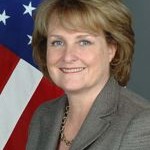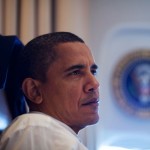Diplomats decry new United pet policy
Nearly 3,000 U.S. diplomats have urged United Airlines to extend to them a waiver from its more expensive and “unfriendly” new pet travel policy that the carrier has granted the military, the diplomats’ union said. While it took United just days to exempt the military, it has been mulling the State Department’s request for weeks.
The biggest hurdle appears to be the lack of understanding by United’s management — as is the case with most people — what the Foreign Service does, and why diplomats’ service to their country is no less important than the military’s. That’s exactly why — long before this issue arose — I decided to write my upcoming book “America’s Other Army“…










